The Impact of Artificial Intelligence on Art Creation, Restoration, and Curation
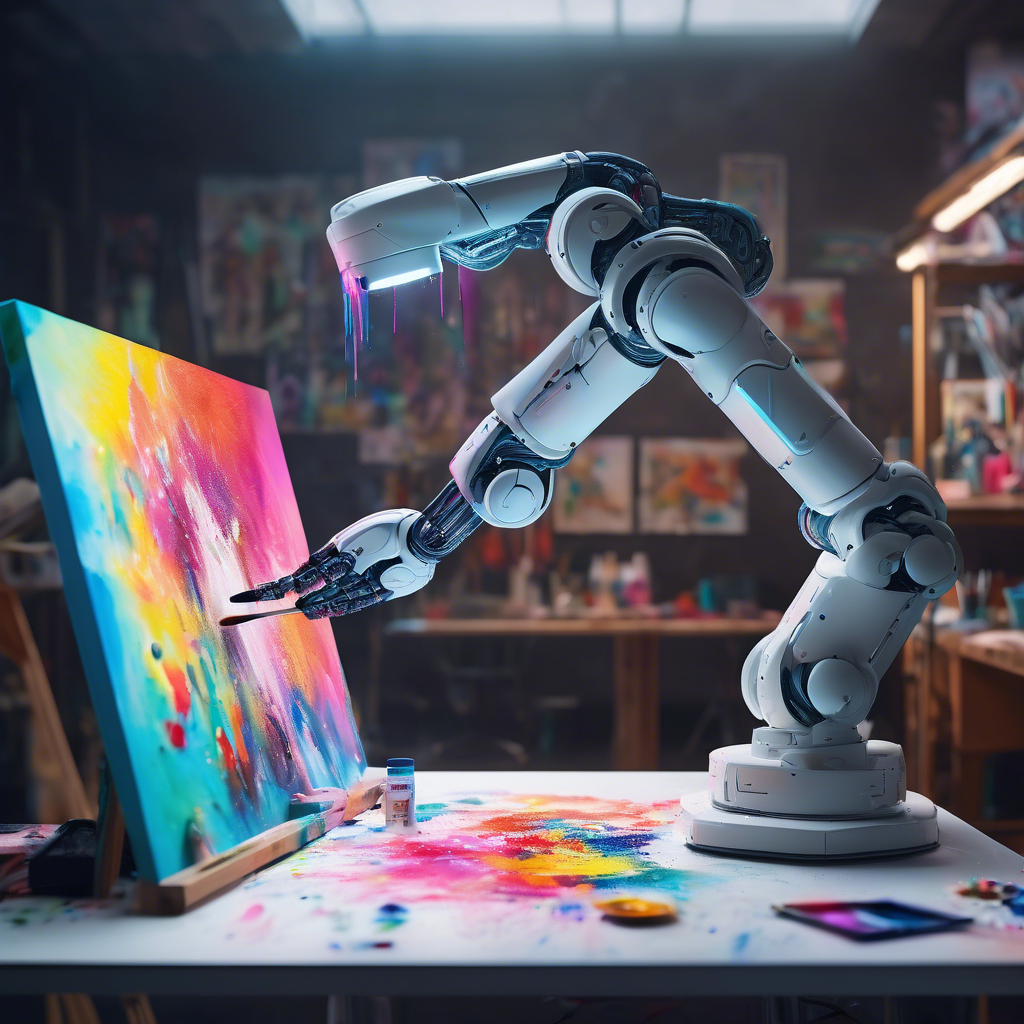
Brief news summary
Artificial intelligence is transforming the art world by revolutionizing creation, restoration, and curation. AI generates original artworks through vast data analysis, enabling artists to explore new creative paths and challenge traditional authorship concepts. In restoration, AI helps recover lost or damaged details, preserving cultural heritage. Curators use AI to analyze visitor preferences, creating interactive, data-driven exhibitions. However, AI’s growing presence sparks debates on authenticity, originality, intellectual property, emotional expression, and ethical data use. The art community remains divided: some view AI as a collaborative partner, while others fear overreliance on technology. Educational institutions and galleries promote discussions to navigate these challenges. Ultimately, AI offers innovative opportunities alongside complex ethical and creative issues, pointing to a future where human creativity and AI work together dynamically in art.Artificial intelligence is increasingly playing a significant role in the art world, transforming various facets of artistic creation, restoration, and curation. This technological progress is redefining how art is produced, preserved, and experienced, resulting in a dynamic and ever-changing relationship between creativity and technology. AI algorithms now have the ability to generate original artworks, pushing beyond traditional boundaries of creativity. By analyzing vast datasets of existing artworks, these algorithms learn styles and techniques to produce new pieces that can mimic or even surpass human artists’ work. This capability has attracted many artists who view AI as a powerful tool to explore new artistic avenues and broaden their creative scope. The fusion of human intuition with machine precision offers innovative forms of expression and challenges conventional notions of authorship. In addition to creation, AI is increasingly applied in the restoration of historical artworks. By examining the details of damaged or aged pieces, AI assists experts in reconstructing original colors, patterns, and features that may have faded or been lost over time. This not only helps safeguard cultural heritage but also ensures future generations can experience artworks closer to their initial form. The use of AI in restoration highlights its potential to complement and enhance traditional conservation methods. AI is also transforming curatorial practices. Museums and galleries use AI to analyze visitor preferences, behaviors, and engagement patterns. Leveraging these insights, curators can design exhibitions that resonate more deeply with audiences and foster greater interaction with artworks.
AI-driven tools can propose themes, select pieces, and even predict the success of exhibitions, making the curation process more data-driven and adaptable. Despite the promising opportunities AI brings, it has sparked debate within the art community. Some artists and critics raise concerns about the authenticity and originality of AI-generated art. Questions emerge about whether works created with partial or sole AI involvement can carry the same emotional depth, intent, and cultural significance as those crafted by humans. Intellectual property and the nature of creativity are central to these discussions. Ethical considerations surrounding AI’s role in art also remain a significant area of exploration. The dependence on data derived from existing artworks raises issues of appropriation and consent, especially when AI produces works influenced by numerous sources. The ability of AI to replicate or remix styles without proper attribution challenges traditional ideas about artistic influence and ownership. As the art world adjusts to this technological integration, a variety of perspectives exist. Some support a collaborative model where AI acts as an extension of human creativity, while others worry that overreliance on algorithms could diminish the importance of human intuition in art. Educational institutions and galleries are beginning to address these topics, incorporating discussions on AI and digital art into their programs. In conclusion, artificial intelligence is having a profound impact on the art world, offering both innovative tools and complex challenges. From generating new works to preserving historical pieces and tailoring curated experiences to audiences, AI’s capabilities are diverse and far-reaching. The ongoing conversations about authenticity, originality, and ethics ensure that the interplay between technology and art continues to be a vibrant and evolving domain. As artists, curators, and audiences engage with AI, the future of art promises to be an intriguing blend of creativity and computation.
Watch video about
The Impact of Artificial Intelligence on Art Creation, Restoration, and Curation
Try our premium solution and start getting clients — at no cost to you

I'm your Content Creator.
Let’s make a post or video and publish it on any social media — ready?
Hot news
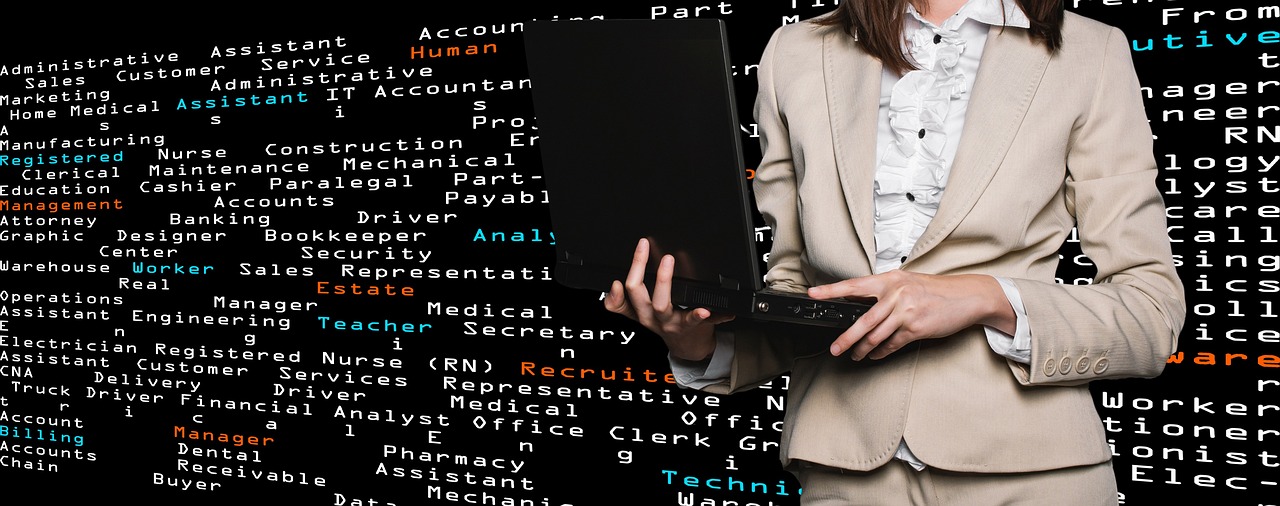
Career Change in 2026? The ‘easiest’ AI jobs to e…
Photo by Paulina Ochoa, Digital Journal As many pursue careers leveraging AI technology, how accessible are these roles? A new study by digital learning platform EIT Campus identifies the easiest AI jobs to enter in Europe by 2026, showing some positions require only 3-6 months of training without needing a computer science degree
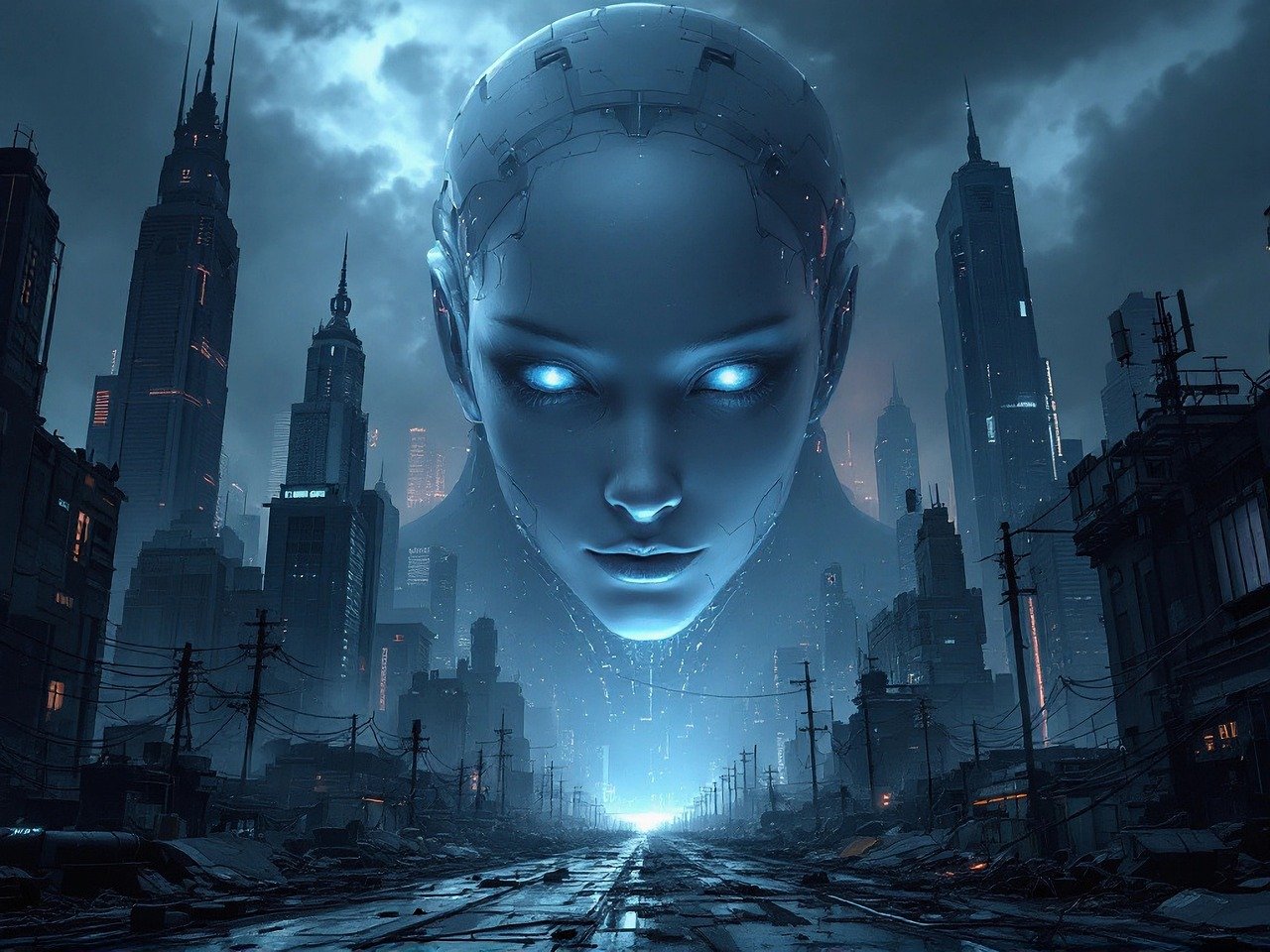
AI in Video Games: Enhancing Realism and Player E…
The gaming industry is rapidly transforming through the integration of artificial intelligence (AI) technologies, fundamentally changing how games are developed and experienced by players.
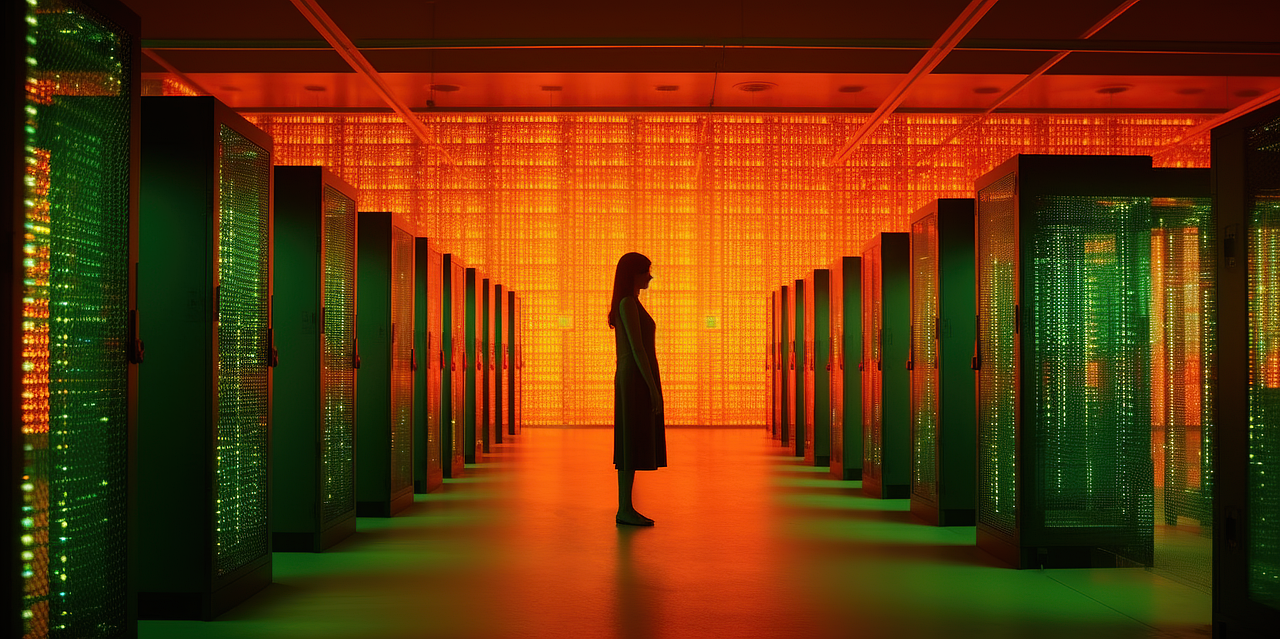
Google's parent buys data center energy specialis…
Alphabet Inc., Google’s parent company, announced an agreement to acquire Intersect, a data center energy solutions firm, for $4.75 billion.

AI SEO Myths Debunked: Separating Fact from Ficti…
Artificial Intelligence (AI) has increasingly become a vital tool within Search Engine Optimization (SEO), transforming how marketers handle content creation, keyword research, and user engagement strategies.
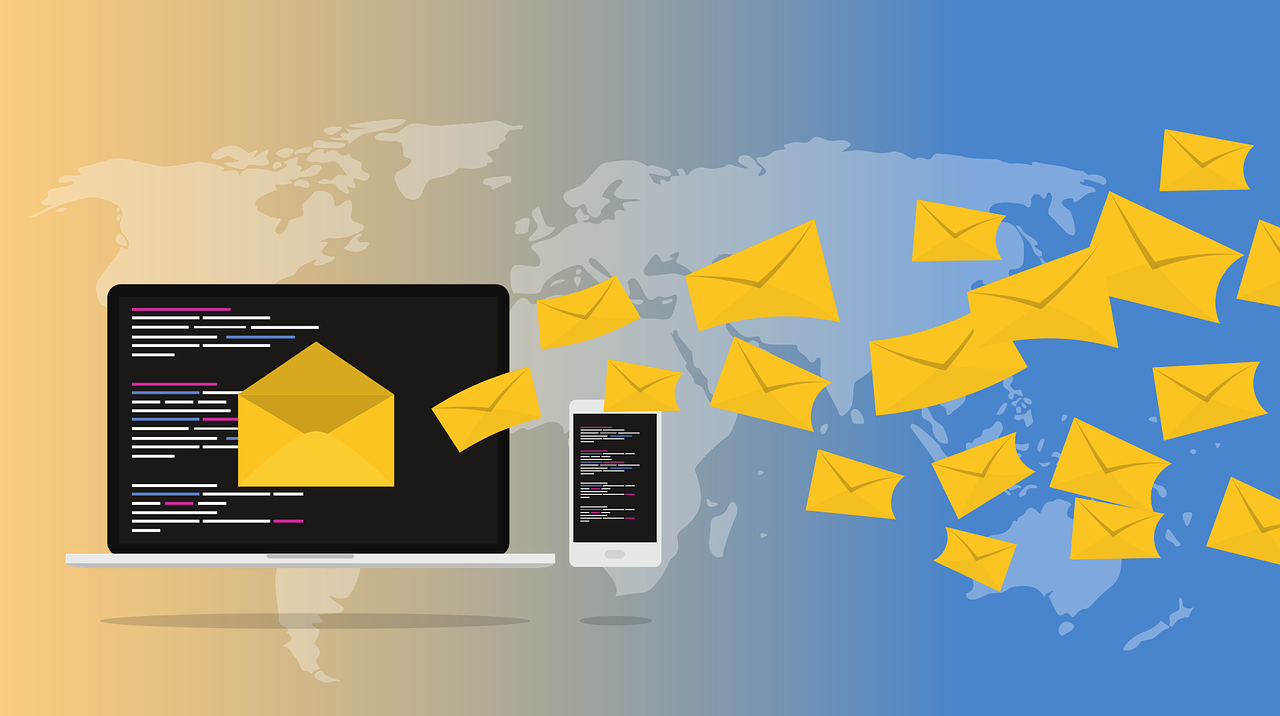
Virgin Voyages Deploys AI Marketing Tools for Tra…
Virgin Voyages has teamed up with Canva to become the first major cruise line to implement AI-powered marketing tools on a large scale for its travel advisor network.
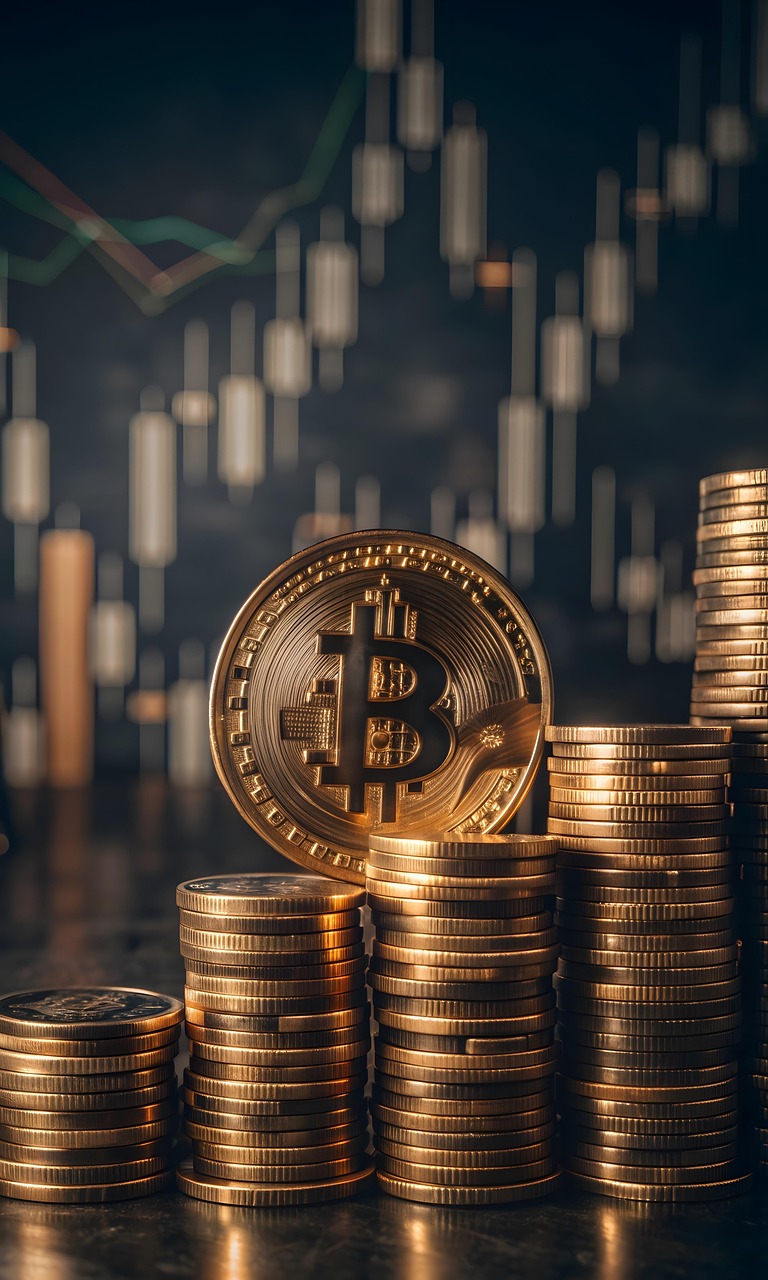
AIMM: AI-Driven Framework for Detecting Social-Me…
AIMM: An Innovative AI-Driven Framework to Detect Social-Media-Influenced Stock Market Manipulation In today's fast-changing stock trading environment, social media has emerged as a key force shaping market dynamics

Exclusive: Filevine Acquires Pincites, AI-Powered…
Legal technology firm Filevine has acquired Pincites, an AI-driven contract redlining company, enhancing its footprint in corporate and transactional law and advancing its AI-focused strategy.
AI Company
Launch your AI-powered team to automate Marketing, Sales & Growth

and get clients on autopilot — from social media and search engines. No ads needed
Begin getting your first leads today








